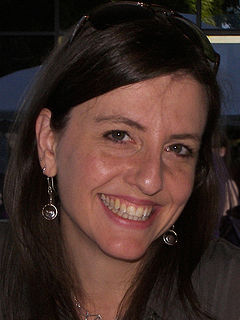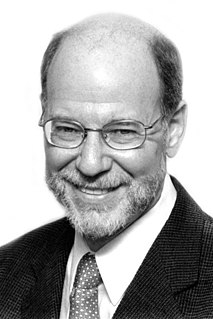A Quote by Adam Curtis
Henrietta Lacks' cells are immortal. They are known as the HeLa cell line, and they have become deeply involved in all sorts of medical and genetic research - sometimes in the most unexpected ways.
Related Quotes
One can envisage taking cells from a patient with sickle-cell anaemia or an inherited blood disorder and using the Cas9 system to fix the underlying genetic cause of the disease by putting those cells back into the patient and allowing them to make copies of themselves to support the patient's blood.
In science there is something known as a stem cell. A stem cell is an undifferentiated cell which has not yet decided whether it's gonna be a cell of your brain or a cell of your heart or of your finger nail. But science is learning how to coax, how to manipulate, the raw material of life that we call stem cell to become any cell of the body. I think that God is the stem cell of the universe.
In medical school, students are immersed in the realm of medical ethics. It's where new doctors study, learn right and wrong, ask tough questions, and discuss things like end of life care, genetic testing, and patients' rights. In lots of ways, it's the most important part of being a compassionate and competent doctor.
For the last century of neuroscience, lots of people have tried to control neurons using all sorts of different technologies - pharmacology (drugs), electrical pulses, and so on. But none of these technologies are precise. With optogenetics, we can aim light at a single cell, or a set of cells, and turn just that set of cells on or off.





































